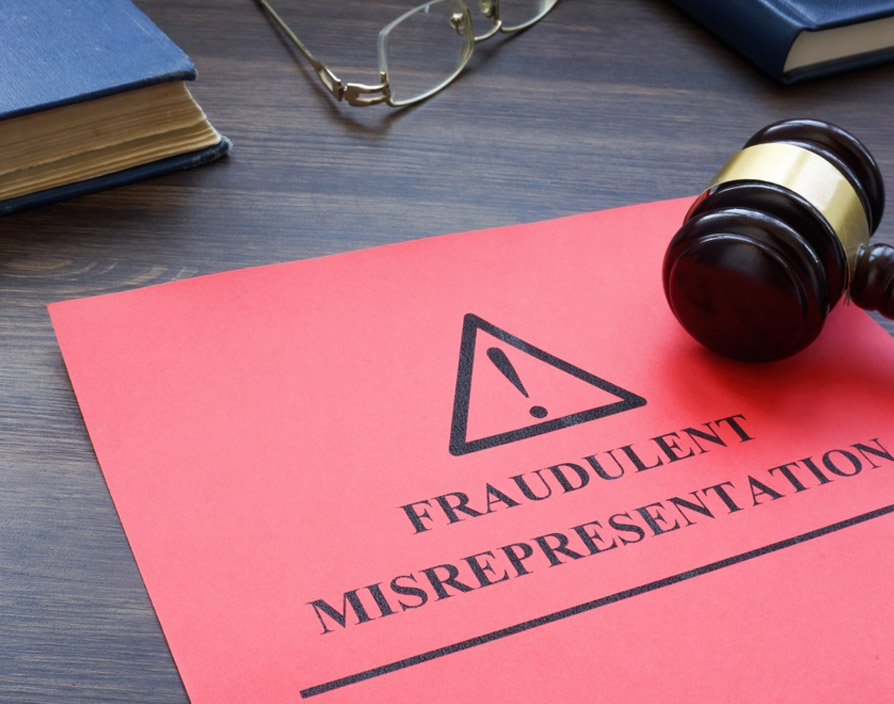What can franchisors do to avoid claims being brought against them for misrepresenting the profitability of the franchise?
When seeking to recruit franchisees, a franchisor might not think twice about making pre-contractual statements such as “it is usual for franchisees to pay off their loans within 5 years” or “the store is in a prime location”. However, a franchisor who over-promises to prospective franchisees could find itself on the wrong side of a misrepresentation claim. The legal landscape today means that a franchisor is just as likely to get into trouble with a franchisee for something it does before a contract is concluded as anything it might do afterwards.
The battleground for misrepresentation claims is typically around sales projections, the break-even point, set up costs, the area, and/or the number of products/services typically sold by franchisees.
To bring a successful misrepresentation claim, a franchisee would need to demonstrate that (1) an untrue statement of fact or law was made by the franchisor (2) it was relied upon by the franchisee when entering into the franchise agreement and (3) it has caused loss to the franchisee.
The courts are increasingly open to the idea that, in those early stages of the relationship, a franchisor might owe a duty of care in its dealings with prospective franchisees. Further, the courts have shown some reluctance to allow franchisors to avoid liability for misrepresentation claims by pointing to the existence of a “non-reliance” clause within the franchise agreement. A “non-reliance” clause attempts to exclude liability for misrepresentation by stating that the parties do not rely on any representation made other than those set out in the contract.
In Ali and others v Abbeyfield VE Ltd [2018] EWHC 669 (Ch), four individual franchisees brought a successful misrepresentation claim against Vision Express, whose employee was found to have made false representations during pre-contractual meetings as to the likely performance of the stores. The false representations related to the number of daily eye tests, conversion of those eye tests into sales and the average performance of new stores. The agreement between the parties contained a non-reliance clause however the Court’s view was that the non-reliance clause was unreasonable. This was due to the fact that the clause was buried within other contractual terms and not brought to the attention of the franchisees, none of whom had been advised to seek legal advice. In addition, Vision Express was in a far stronger bargaining position than the individual franchisees and the agreements were presented as non-negotiable.
The Court took a very similar view in Peart Stevenson Associates Limited v Brian Holland [2008] EWHC 1868 (QB) where it found that the non-reliance clause was unreasonable given the parties’ relative bargaining power and the franchisee’s lack of experience in the franchising field. The Court was also of the view that the franchisor knew that the franchisee had relied upon the misrepresentations made to him at various pre-contractual meetings.
So what can a franchisor do to avoid pre-contractual statements coming back to bite it?
- Franchisors would be wise to advise all prospective franchisees to seek independent financial and legal advice from the outset;
- Franchisors should ensure that proper training is provided to the franchisor side recruitment and development team and that they have a clear, documented process in place for the recruitment of prospective franchisees;
- It is crucial that the franchisor is clear about any information provided to the franchisee around sales projections, set up costs etc and that it has the facts to back up the claims made.;
- Include a clear non-reliance statement on all pre-contractual documentation and highlight the entire agreement clause in the franchise agreement;
- Include a non-reliance clause in the franchise agreement and highlight its inclusion to the franchisee;
- Consider limiting the statutory time period for claims; and
- Most importantly, ensure there are no misrepresentations!

































